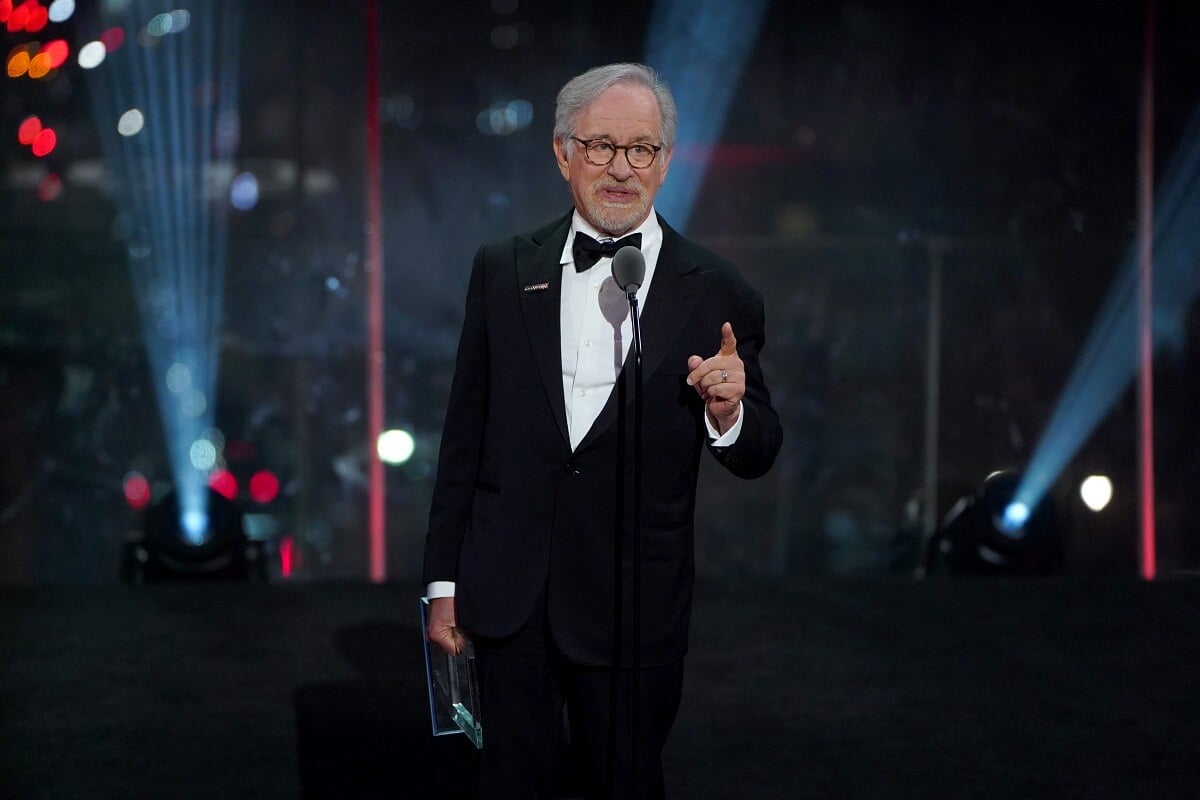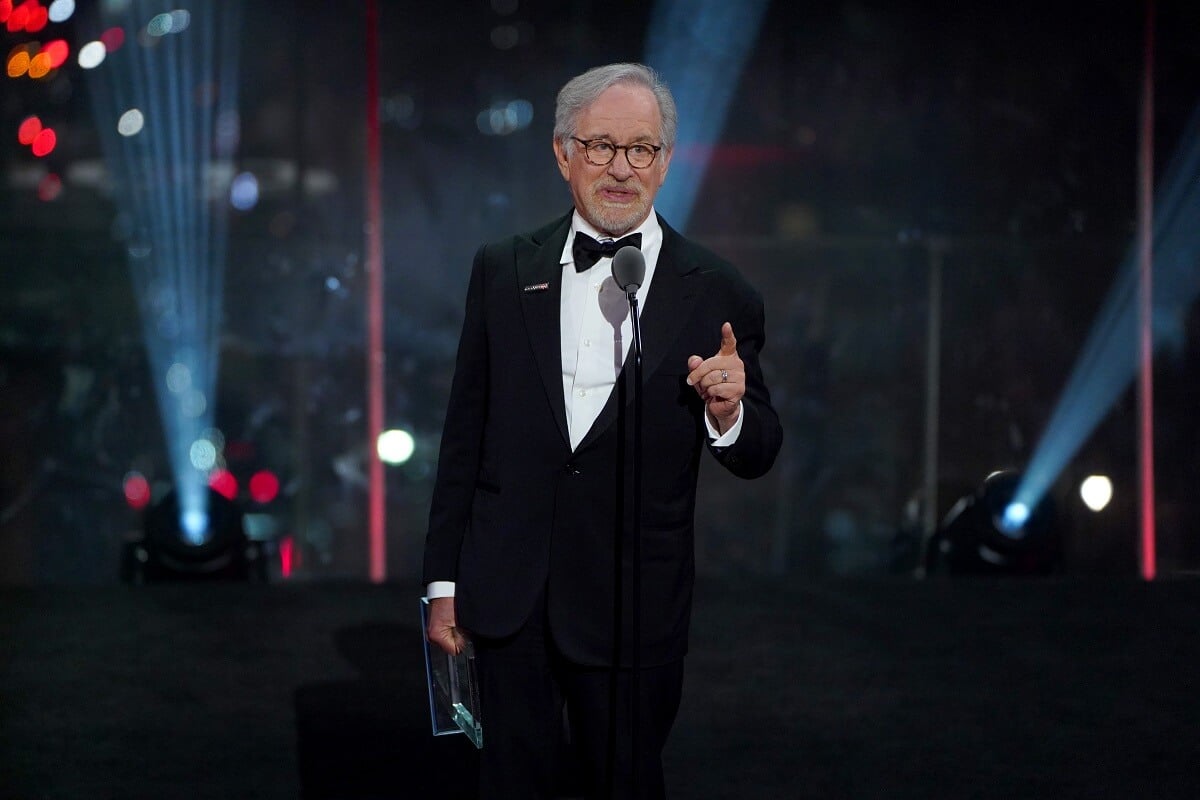
Steven Spielberg Almost Quit Directing After Making ‘Schindler’s List’
The Steven Spielberg movie Schindler’s List is largely seen as one of Spielberg’s most iconic works. But the film also took an emotional toll on the director, and he strongly considered leaving filming behind after doing the project.
Steven Spielberg almost quit directing after making ‘Schindler’s List’

When Spielberg set out to direct Schindler’s List, he immediately felt the film would be special. The movie was a critical hit, earning Spielberg his first Best Director Oscar. It was also a commercial success which, given its subject matter, was a bit of a surprise at that time. Spielberg, however, didn’t feel that Schindler’s List’s impact was limited to just cinema.
“I still feel that Schindler’s List is the film that has made the most amount of material change in the world,” he once told The Hollywood Reporter. “When I went to Poland to start working on Schindler’s List, I quickly realized after a couple of days of filming that this just wasn’t a natural reflex of my filmmaking instincts — this was going to be something that was going to change my life.”
The film also inspired Spielberg to establish the Shoah Foundation. The USC Shoah foundation was dedicated to audio and visual interviews of Holocaust survivors for educational purposes.
As proud as he was of the film, however, Spielberg admitted that the movie took a deep toll on him. So much so that he didn’t even want to go back to work.
“I was sad and isolated, and as well-received and successful as that movie was, I think it was the trauma of telling the story and forming the Shoah Foundation,” Spielberg said in another interview with The Hollywood Reporter. “I started to wonder, was Schindler’s List going to be the last film I would direct?”
But Spielberg asserted that he was seized by a sudden urge to get back to work.
“I just needed time,” he said.
Spielberg would return to cinema with the 1997 Jurassic Park sequel The Lost World.
Why Steven Spielberg directed ‘Schindler’s List’
Spielberg was perhaps on the trajectory to directing Schindler’s List far before he became a filmmaker. With him and his parents being Jewish, Spielberg was strongly affected by stories told about the holocaust from an early age. Apart from his parents, he’d absorb information about the Holocaust from other sources that further expanded on the tragedy.
“It was a subject that was very open in my formative years, and I saw a lot of documentaries. I was just like a passive witness; I wasn’t doing very much about it. I was just taking it all in. … I couldn’t believe that something like that could’ve happened in the 20th century — it was just unfathomable — but it did,” Spielberg said.
Spielberg became more than just a witness when he released Schindler’s List in 1993. It was adapted from the Thomas Keneally book that debuted in 1982, and was given to Spielberg that same year. There were many elements of the book that inspired Spielberg to translate it to the big screen.
“What appealed to me about the book was that it was so factual, so detached. It was the detached look at the Holocaust that didn’t try to eke out an emotional cry from me,” Spielberg once told The New York Times.
Spielberg felt the book was very dry, which was a feeling he’d hoped to emulate on the big screen.
“I thought if I could take the approach with a motion picture, I could present it almost like a series of events and facts and dates. And the emotionality would be much stronger,” Spielberg said.
Steven Spielberg couldn’t accept the money he made from ‘Schindler’s List’
Schindler’s List proved to be a very profitable film. But Spielberg never intended to make any money off of the project.
“The idea to give away the money came before I made the movie,” Spielberg said in a separate interview with The New York Times. “As I said to Sid Sheinberg, my mentor, I could not accept any money from Schindler’s List — if it even made any money. It was blood money, and needed to be put back into the Jewish community.”
He’d use some of the film’s earnings to strengthen the righteous persons foundation, which he’d help establish. Like the Shoah Foundation, righteous persons was meant to spread awareness and educate, but through methods like social activism.
“I’m committed to Holocaust education,” Spielberg said. “But I wanted to strengthen the Jewish community as it is today, to engage Jewish youth, to support the arts, to promote tolerance and to strengthen the commitment to social justice.”


